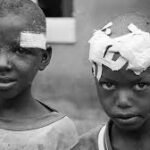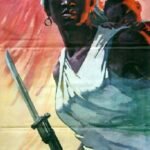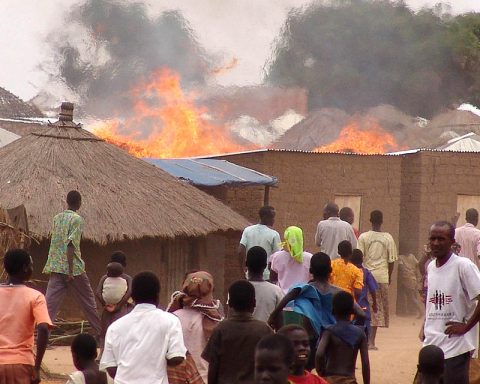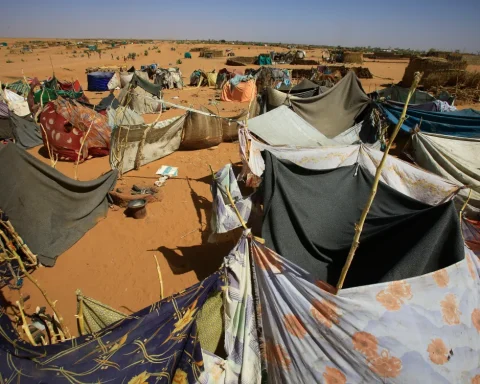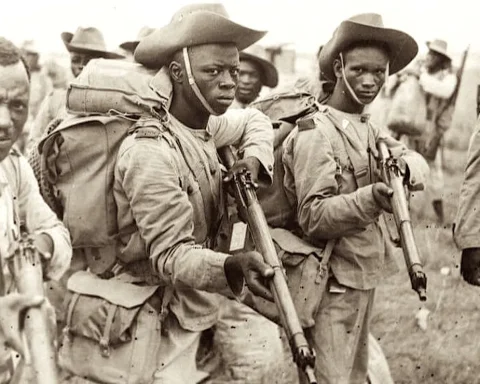When you hear “Ubuntu,” your first thoughts end up with Ubuntu Linux, and that is not the Ubuntu I want to talk about. Ubuntu is a South African law that dictates an individual’s responsibility within a corporate sense of identity. This principle governs communities throughout Africa and is the foundation on which indigenous methods of conflict resolution are structured.
In all corners of the African continent, people are united by the belief in humanity’s harmony. They believe that the welfare of one affects the wellness of the whole, that one’s neighbour is an integral part of one’s survival, and that one’s behaviour has a universal impact. This idea promotes peace, power-sharing, and fair distribution of resources.
It quells uncivil ways of reacting to inevitable conflict, as it would be foolish for a man or woman to fight against himself or herself. Many peacekeeping mechanisms across Africa are just as diverse as their people. Generally speaking, the systems that maintain social solidarity on the government level are macrocosms of how African communities have peacefully co-existed for centuries.
In this article, I’ll discuss a modern African justice system deeply rooted in African traditions.

Truth and Reconciliation Commissions
This “Truth and Reconciliation Commission” (TRC) was a court-like restorative justice process. This justice system was applied following apartheid in South Africa. The victims and offenders of human rights violations faced each other and shared statements about their experiences publicly to their communities involved. TRC is a principle that bypassed the traditional justice system and leaned towards community-based reconciliation practices that restored relationships between victims and offenders.
This justice system promoted community-wide healing and has worked on several conflicts. This process was primarily viewed as a success, setting the stage for similar operations in other countries ravaged by war. During the Rwandan genocide (1994) that ravaged the country, killing nearly one million people and crippled the societal infrastructure, The Justice and Reconciliation Commission (TRC) was created to peaceably reconstruct a new identity for Rwanda and build trust between two ethnic groups (Tutsis and Hutus) who had been historically at war.
In the late 1970s, in Liberia, a country with a deep history of social and political unrest which led to mass violence, military dictatorship, social corruption, and widespread killings, the Truth and Reconciliation Commission justice system (TRC) was created to promote peace and support the foundation of a just government system.


